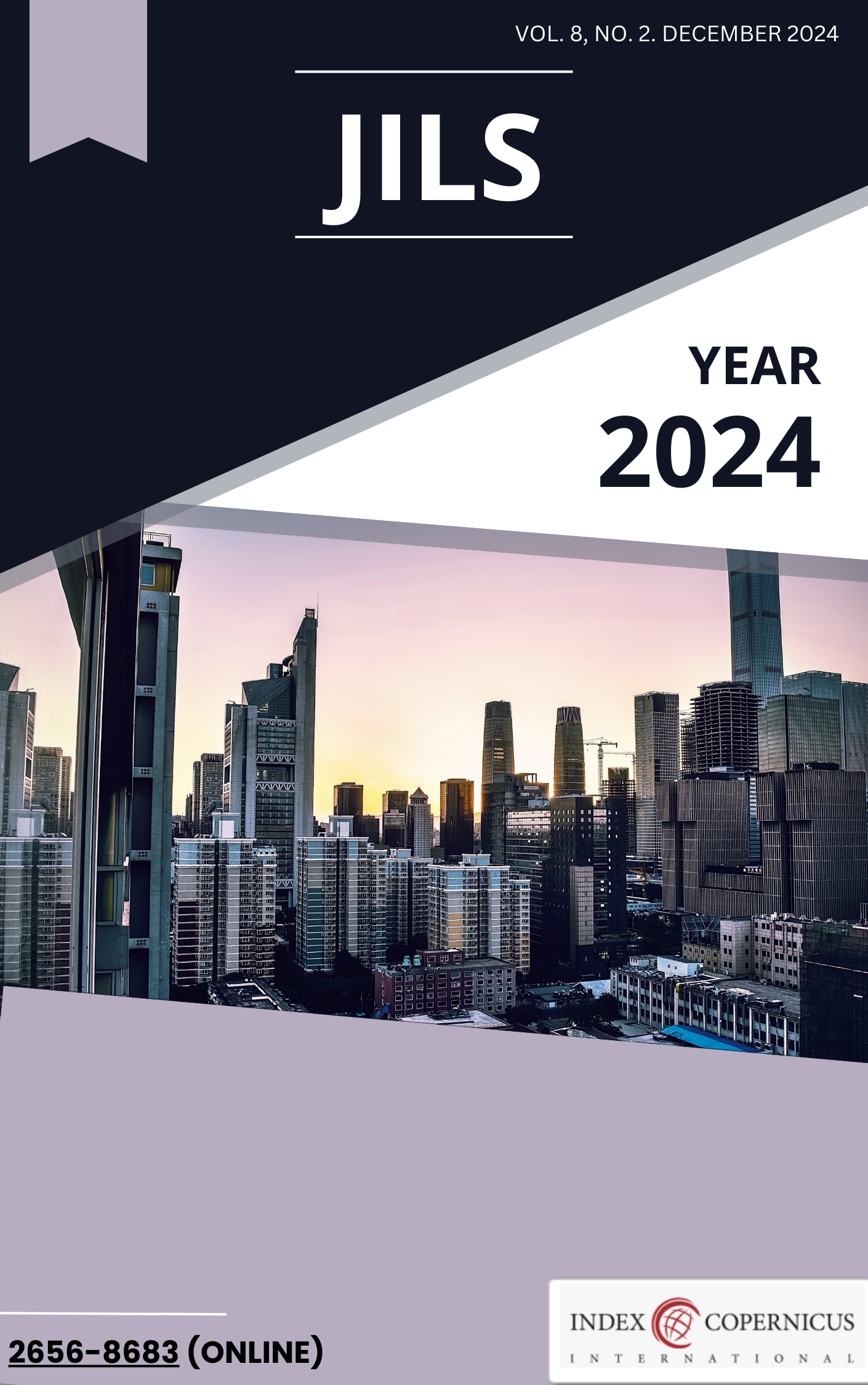The Period of Mafqud According to Hukum Syara’ and the Sharia Law Act in Brunei Darussalam
DOI:
https://doi.org/10.18592/jils.v8i2.14862Abstract
A mafqud is a person who has been missing from their original location for a long period, during which news about them has ceased, and their whereabouts are unknown. The occurrence of a mafqud leads to several issues, especially in managing property and the status of the abandoned wife. This is because, if it is proven that the mafqud has passed away, their heirs are entitled to inherit their property according to the distribution of faraidh according to hukum syara’, and it also allows the wife of the mafqud to remarry. Therefore, this study aims to explore the period of mafqud according to hukum syara’, along with the implementation of the act that has been enacted by Sharia legislation in Brunei Darussalam. The research methodology employed is descriptive qualitative, using content analysis as the analytical method. The analysis is conducted by examining secondary data, particularly legal acts, writings, journals, and articles. Additionally, library methods are used, sourcing from Islamic jurisprudence books, seminar papers, and reputable websites. According to the findings, the implementation of Brunei's Sharia law does not specify the period for managing the property of a mafqud, but only states the period for the wife believed to have been abandoned by her mafqud husband to remarry. Scholars unanimously state that the period of mafqud is based on the ijtihad (juridical reasoning) of the judge. The effectiveness of the implementation of the law, especially Sharia law, plays a crucial role in enhancing the development of mafqud management in Brunei Darussalam based on Islamic legal principles.Downloads
Published
2024-12-11
Issue
Section
Articles
License
Copyright (c) 2024 Nor Sabrina binti Ratna, Mas Nooraini binti Haji Mohiddin

This work is licensed under a Creative Commons Attribution-NonCommercial 4.0 International License.
Authors who publish with this journal agree to the following terms:
- Authors retain copyright and grant the journal right of first publication with the work simultaneously licensed under a Creative Commons Attribution License that allows others to share the work with an acknowledgement of the work's authorship and initial publication in this journal.
- Authors are able to enter into separate, additional contractual arrangements for the non-exclusive distribution of the journal's published version of the work (e.g., post it to an institutional repository or publish it in a book), with an acknowledgement of its initial publication in this journal.
- Authors are permitted and encouraged to post their work online (e.g., in institutional repositories or on their website) prior to and during the submission process, as it can lead to productive exchanges, as well as earlier and greater citation of published work.




